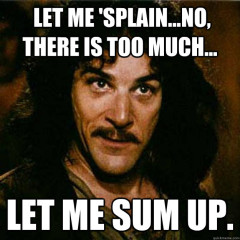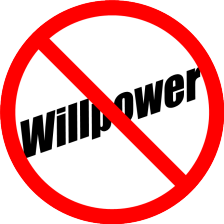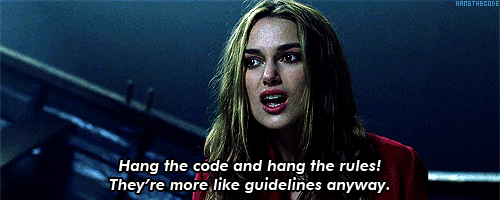I don’t call this a paleo blog for the same reason I don’t claim to “eat paleo”: I’m not a good rule follower.
If you’ve been on the internet for more than three minutes you’ve already learned that people will argue about anything. And some people put the most energy into fighting people who almost agree with them.
I’m one of those people who almost agrees with paleo, but I’m not strict about it. Here’s why.
Think about why paleo works
First, a quick-and-dirty definition of what paleo means:
Man evolved over millions of years. We’re biologically nearly identical to man as he existed 40,000 years ago. In the last 10,000 years — since the creation of agriculture — the food we eat has changed drastically, faster than man could adapt.
As a result, lots of people don’t deal well with lots of the common industrial food products we tend to eat. If instead we eat what cavemen ate, we’d be eating the foods we evolved to eat.
(Who am I quoting? Myself. Boom.)
As a rule of thumb, this works great. Take it too far and you end up rejecting some really good stuff.
The best way I’ve seen to think about this is The Framework of Common Sense by Anastasia at primalmeded. The idea is that when evaluating a food you think first about the most important things before worrying about the less important. And the three main things to think about — in order of importance — are:
- The laws of metabolism – Is it something that humans are able to digest? (It’s really disturbing how many things are sold as food that are designed to be indigestible.) This one is non-negotiable.
- Evolutionary environment — Is it something humans have been eating for a long time? If it is, it’s good for us. If it’s new, then look to the next step.
- Scientific evidence — Is there good science proving that it’s good for us. Before answering, do you know how to read a story about a diet study?
If it fails the first test, don’t bother going on to the second. If it fails the second test, it better have something really compelling for the third.
Some examples (Don’t read before dinner)
- Remember all the “fat-free” chips made with Olestraâ„¢? (Follow that link, just to see the headline Time gave it.) They fried chips in an oil engineered to be indigestible. That introduced us to the phrase, “May cause anal leakage.” I’ll pass, thank you.
- How about cheese? Cavemen didn’t eat cheese. Well, no. But as Anastasia points out:
Cheese is a modern food (and therefore off limits for the hardcore Paleo crowd). But step 1 tells you that cheese is:
A. Easily digested (unless people have specific issues with casein)
B. High in essential fats, vitamin K, calcium etc.
C. Has little effect on hormone levels
D. Doesn’t cause inherent harm.That’s good, because I like cheese.
I could go on all day, showing how different foods stack up against these three tests, but my point today is that all of paleo theory falls into just Step 2 of her framework.
Let me sum up
 If we’ve been eating it since before agriculture existed, and it hasn’t killed us yet, it’s good for you.
If we’ve been eating it since before agriculture existed, and it hasn’t killed us yet, it’s good for you.
Otherwise, it might be good for you … but you’ll need to do some research.
PS: Yes, I switched pirates. 🙂

